Can you really eat zebra mussels? Let’s find out!
Are you a seafood enthusiast? Are you tired of eating the same seafood dishes over and over again? This article is for the food enthusiasts who like to explore new foods and for the seafood lovers who are searching to try something new.
Often, you plan your weekend dinners and keep on wondering what to eat. You are tired of eating the same old dishes, and pizzas, burgers, sandwiches, and rolls do not fascinate you anymore.
Even the same old red snappers and lobsters don’t fulfill your cravings. You want to get out of your everyday recipes and try something your taste buds haven’t experienced yet. But, what is that dish that your taste buds crave?
When exploring new seafood items, one innovative creature that comes to mind is Zebra mussels. What are zebra mussels, and how do they look? Well, save your questions because this article has got you covered.
What do zebra mussels look like?
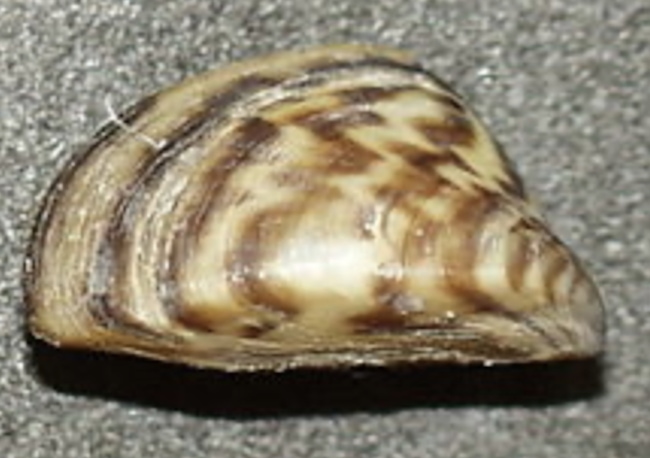
Zebra mussels are tiny sea creatures around an inch long, primarily found in the streams and lakes of the Black Sea regions of Eastern Europe and Western Asia. They have a dark striping pattern on their shells which are rounder in shape. They are freshwater bivalve species like oysters and clams, to name a few. To the world of science, they are known as Dreissena polymorpha. They have two half-shells that constantly protect themselves.
Zebra mussels are more related to saltwater clams. They have a distinct shape that is more triangular than round. Unlike other sea creatures, they tend to eat differently.
Zebra mussels eat by sucking in water, filtering out all its particles, and throwing out whatever they want. It’s like the same scenario when you take all the Kiwis out from your fruit salad because you are allergic to Kiwis.
You will be amazed to read what the zebra mussels like to eat. After filtering out all the unwanted things from the water, zebra mussels eat their favorite foods: fish feces, decaying organic matter, and microscopic organisms.
Can you eat zebra mussels?
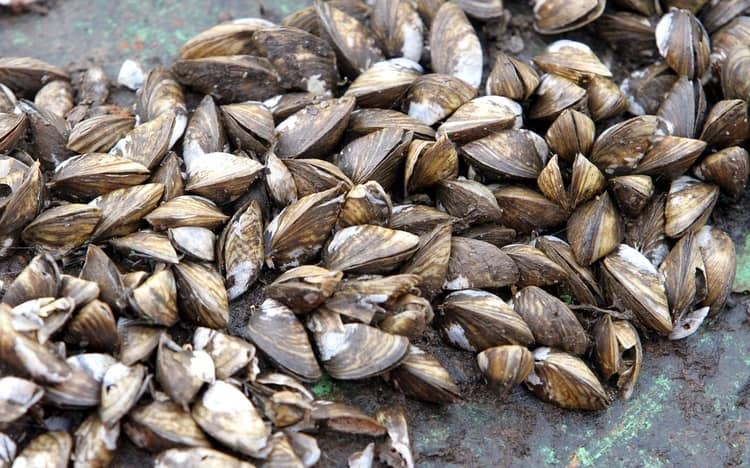
After knowing what these creatures are, one question that may pop into your mind is: Can you really eat Zebra Mussels? The answer is both yes and no.
Zebra mussels are edible however generally they are not recommended for human consumption. However, if you are one for exotic dishes and new adventures, you may want to try them out.
Are they edible?
Like oysters and clams, mussels like Zebra mussels are also edible. However, eating them might challenge your taste buds as they don’t taste like your typical meals.
Zebra mussels differ in flavor, and unlike other creatures, they have little meat in them. So, you would need lots of them to satisfy your appetite.
Zebra mussels are completely edible. However, according to the United States Geological Survey, it is not advisable to eat Zebra mussels.
This is because Zebra Mussels are filter feeders causing their tissues to get accumulated by pollutants.
Therefore, eating Zebra mussels is unhealthy, and consuming them would allow those pollutants and toxins to get transferred into your body. If you are a risk-taker and still want to eat the zebra mussels, then this exotic dish is just for you.
Do I need to cook them?
One recurring thought that keeps bothering people’s minds is: Do we need to eat the zebra mussels raw, or is it necessary to cook them? Since Zebra Mussels contain toxins and harmful pollutants. Therefore, to safely consume them and prevent those toxins from entering your body, it is essential to cook them first.
Cooking Zebra mussels kills harmful bacteria and makes them relatively safer to consume. So, the next time you want to try this exotic dish, make sure to cook them first.
Are zebra mussels dangerous?
Unlike other sea creatures, Zebra mussels are dangerous sea animals that are harmful to the lakes, other sea creatures, and humans.
Zebra mussels are dangerous because they harm their native species.
For the zebra mussels to survive, they need to attach themselves to a hard object. Therefore, apart from rocks, zebra mussels tend to stick themselves to native sea creatures risking their lives.
Moreover, zebra mussels also lower the quality of water. Many people wonder how they are responsible for reducing the quality of water when they actually help filter the contaminants out of water. Well, that’s not true.
Zebra mussels pose a considerable health risk to the ecosystem. They tend to contribute to biomagnification. The toxins they filter out of the water become concentrated in their tissues and pass on to predators. These toxins are passed on to humans, especially fishermen, who catch and consume these predators.
Zebra mussels have limited predators, including round goby, diving duck, and the freshwater drum. All these predators induce those toxins into their bodies, causing a potential risk hazard to the entire ecological system.
To summarize all the data produced by different nations, it can be concluded that zebra mussels are dangerous sea creatures and harmful to humans when consumed.
Final words
There are two types of people in this world: the risk-takers who like to explore new avenues and eat exotic foods. The others are the health-conscious and safe-goers who want to remain in their comfort zones, eat what is safe, and avoid what is harmful to their bodies.
Life is short, and you should definitely try new foods and recipes. The world is a vast place and trying different cuisines in your life should be a must. If you are a food enthusiast looking for some adventure, zebra mussels should be on your eating list the next time you go out on a weekend dinner!
You just need to make sure they are from a healthy waterbody and appropriately cooked as they can adversely impact your health otherwise!
Interesting articles:


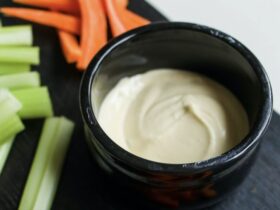

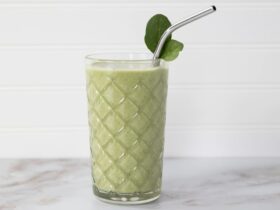
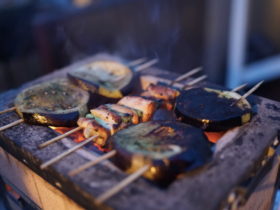
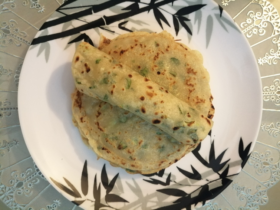
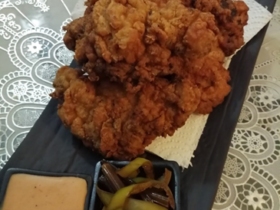

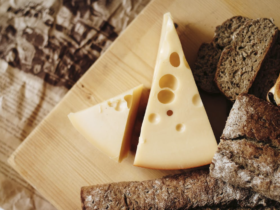
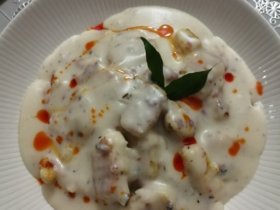
Right here is the perfect blog for anybody who hopes to find out about this topic. You realize a whole lot its almost hard to argue with you (not that I actually would want to…HaHa). You certainly put a new spin on a topic that has been discussed for ages. Wonderful stuff, just excellent!